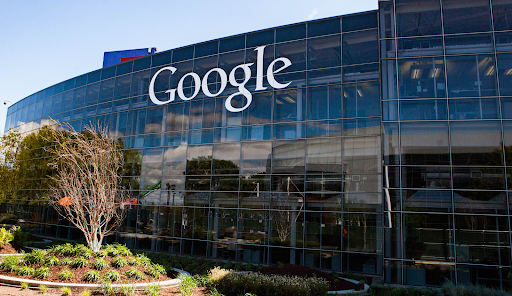The 1960s space race was about nations; the 2020s space race is about tech corporations, and the prize is AI dominance. Google’s “Project Suncatcher” is a formal declaration that it is joining a new, high-stakes battle against Elon Musk and Nvidia for the “high ground” of orbit.
The competition is already fierce. Elon Musk, “last week,” announced his companies (SpaceX/Starlink) would “scale up” to create orbital datacenters. With his own rockets, he has a massive cost and launch advantage.
Nvidia, the chip-maker powering the AI boom, is moving even faster. It has partnered with startup Starcloud to launch its AI chips into space this month, giving it a “first mover” advantage in testing hardware in the orbital environment.
Google’s entry makes it a three-way race. Its “Project Suncatcher” will leverage its own “Google TPUs” and aims for prototypes by 2027. The company is betting on its “moonshot” R&D and integrated AI stack.
This race is fueled by a $3 trillion problem on Earth and the promise of “unlimited” solar power in space. The winner won’t just be the richest; they will be the company that overcomes the “significant engineering challenges” of space first.

